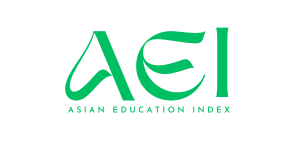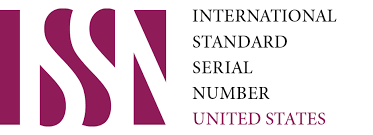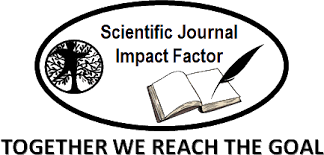Formation of Communicative and Expressive competencies of the Doctor-Teacher
Keywords:
Communication, competence, expressive communication, empathyAbstract
The competence-based model of training specialists aims not only to perform specific functions of education, but also to implement integrated requirements for the result of the educational process. Communicative competence implies the formation of some special skills: the ability to establish contact, listen, "read" non-verbal language of communication, build a conversation, formulate questions. It is also important for the doctor to control his own emotions, the ability to maintain confidence, control his reactions and behavior in general.
References
Williams, JR Guide to Medical Ethics. Textbook. Manual / J. R. Williams; per. from English T. V. Bulygina, L. L. Vasilyeva; ed. Yu. M. Lopukhina, B. G. Yudina, L. A. Mikhailova; VMA, RMO. - Moscow: GEOTAR-Media, 2006. -- 128 p.
Brasovan, EA Professional ethics of a nurse as the basis of nursing education // Nurse. - 2017. - No. 6. - S. 52-53. Eleven.
Gendlin Yu.T. Subverbal communication and expressiveness of the therapist: trends in the development of client-centered psychotherapy // Consultative psychology and psychotherapy. 1993. Volume 2. № 3.
Iskandjanova, F. K. (2022). The mechanism of methodological improvement of professional and pedagogical competence of future medical teachers. Central Asian Journal of Medicine, 2022(1), 5-10.
. Iskandzhanova, F. K. (2022). THE ROLE OF PROFESSIONAL, PEDAGOGICAL AND INFORMATION COMPETENCE OF A DOCTOR-TEACHER IN THE EDUCATIONAL PROCESS. Gospodarka i Innowacje, 21, 253-257
Исканджанова, Ф. К. (2022). Медицинская педагогика в профессиональной деятельности врача. Integration of science, education and practice. Scientific-methodical journal, 3(2), 163-167.
Komilova, M. (2022). Methods of increasing the level of cogni thods of increasing the level of cognitive activity of students when implementing mixed forms in medical education.
Downloads
Published
Issue
Section
License

This work is licensed under a Creative Commons Attribution 4.0 International License.
User Rights
Under the Creative Commons Attribution-NonCommercial 4.0 International (CC-BY-NC), the author (s) and users are free to share (copy, distribute and transmit the contribution).
Rights of Authors
Authors retain the following rights:
1. Copyright and other proprietary rights relating to the article, such as patent rights,
2. the right to use the substance of the article in future works, including lectures and books,
3. the right to reproduce the article for own purposes, provided the copies are not offered for sale,
4. the right to self-archive the article.













